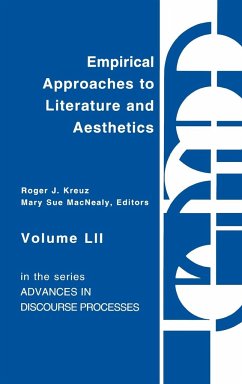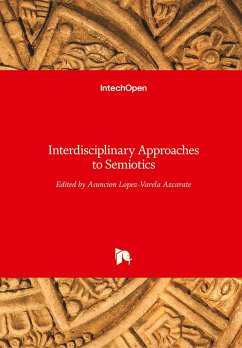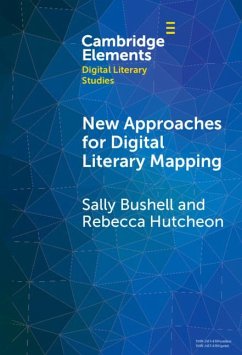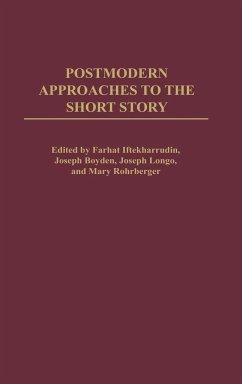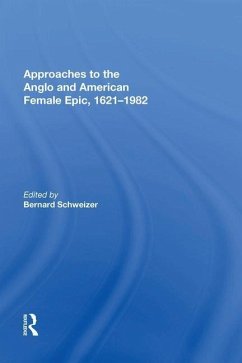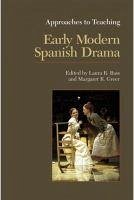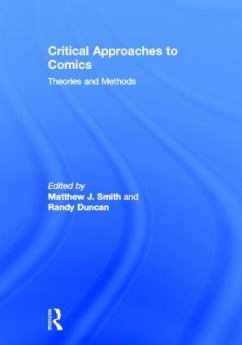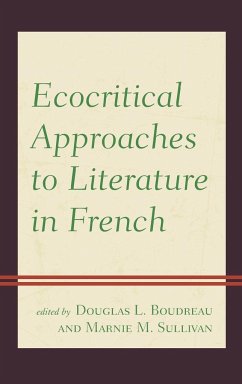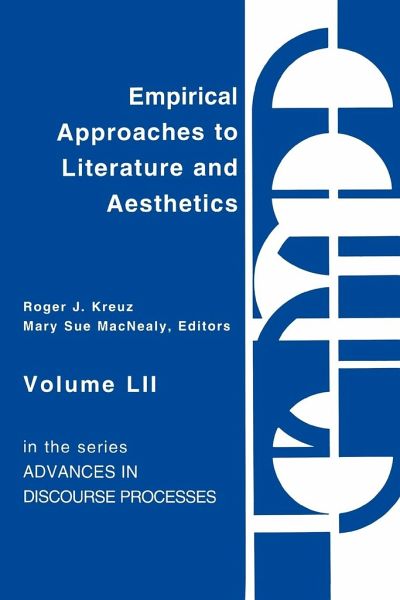
Empirical Approaches to Literature and Aesthetics

PAYBACK Punkte
33 °P sammeln!
Designed to orient readers to what is happening in the fields of literature and aesthetics, this volume collects 40 articles addressing aspects of texts including verb and paragraphing choices; structures that affect inferencing; the role of affect; aspects of the reading of poetry; the expertise of





